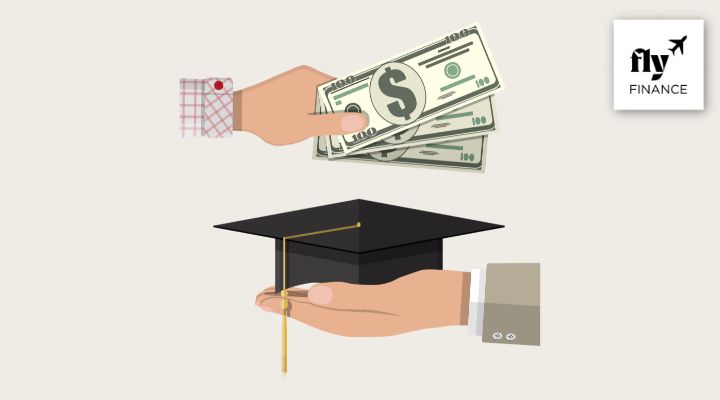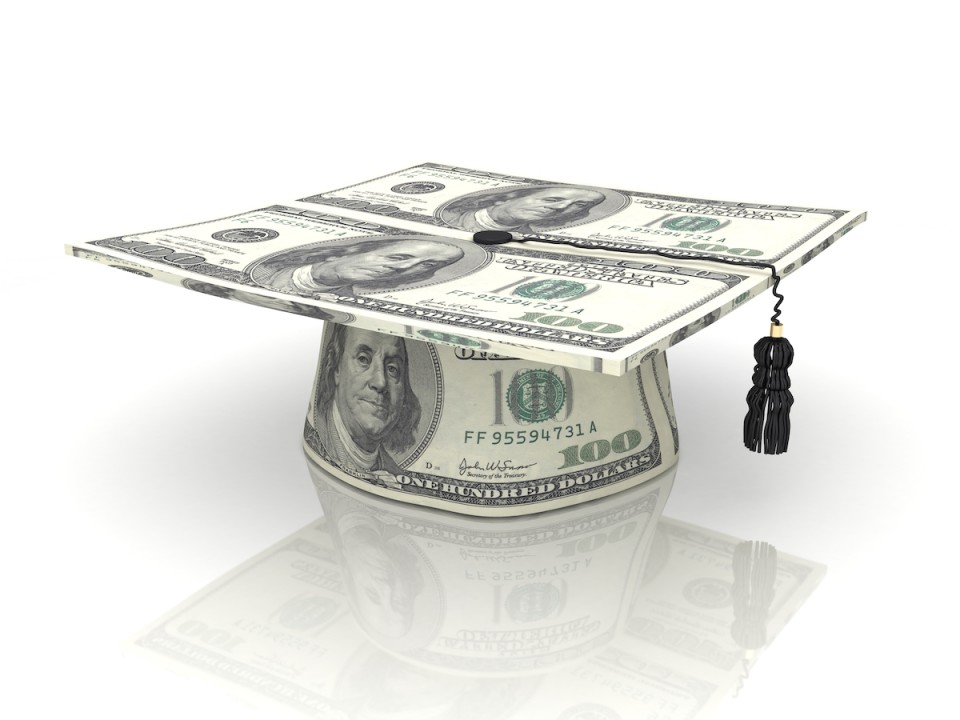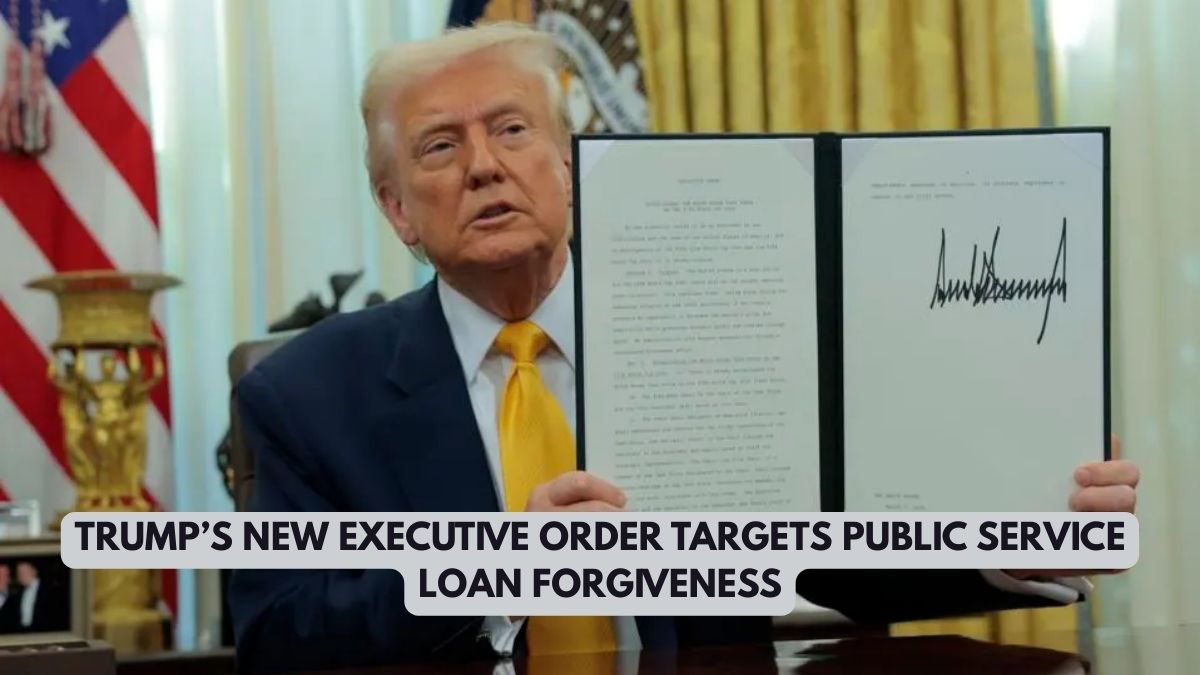President Donald Trump’s recent actions pose a serious threat to Public Service Loan Forgiveness (PSLF) for many borrowers who work in public service. The PSLF program, designed to offer student loan forgiveness after 10 years of qualifying payments for those in public service jobs, has been a lifeline for thousands of teachers, healthcare workers, and other public servants. However, new executive orders and legal actions threaten to disrupt these promises.
Trump’s Executive Order and its Implications
On March 7, 2025, President Trump signed an executive order directing the U.S. Department of Education to revise the eligibility criteria for PSLF. The order introduces broad new restrictions that could disqualify many borrowers currently on track to receive forgiveness.
The new guidelines outline specific exclusions based on the type of work performed. Borrowers employed by nonprofit organizations involved in certain activities could now find themselves ineligible for loan forgiveness. These activities include:
- Aiding or abetting violations of federal immigration laws
- Supporting terrorism or facilitating funding to cartels
- Providing or supporting gender-affirming healthcare for transgender youth
- Engaging in illegal discrimination patterns or violating state tort laws
This wide-reaching classification leaves many borrowers uncertain about their eligibility. Affected organizations may include various nonprofits, religious organizations, or advocacy groups, depending on their activities and political leanings. This move has left public service workers who have made qualifying payments for years in a precarious position.

Legal and Political Reactions
The executive order has ignited strong reactions from legal experts and advocacy groups. Many believe that this order is an illegal overreach by the executive branch. The Student Borrower Protection Center, a leading advocate for student borrowers, has described the order as “blatantly illegal” and as a direct attempt to suppress speech that does not align with the current administration’s views.
Randi Weingarten, President of the American Federation of Teachers, called the executive order an “illegal attack” on public service workers who relied on the promises made by the PSLF program. Her comments echo concerns that this policy change could undermine the trust that borrowers have placed in federal programs that were meant to alleviate their student debt.
Critics of the order point out that the PSLF program was established to support those who serve in sectors where they often face lower wages and higher job demands. The changes threaten to destabilize the financial futures of thousands of public servants who have diligently worked toward loan forgiveness.
Impact on Public Service Workers
The executive order’s potential impact could be severe. Many individuals in education, healthcare, government, and nonprofit organizations who have spent years paying down their student loans while working in eligible jobs could find themselves ineligible for forgiveness due to actions taken by their employers or their organization’s stance on politically charged issues.
This could especially affect borrowers who have been in the system for several years, leading to frustration and confusion over the future of their debt relief prospects.
In addition to the executive order, the Department of Education has halted certain income-driven repayment applications, further complicating matters for those trying to qualify for PSLF.
This decision came after a federal court blocked President Biden’s SAVE plan, a program aimed at reducing borrower payments and expediting loan forgiveness.
The court ruling has left many borrowers in administrative forbearance, although they can still switch to other repayment plans to continue qualifying for PSLF.

What Borrowers Can Do Now
For borrowers currently working toward PSLF, it’s crucial to stay informed about potential changes. Legal challenges to the executive order are expected, but in the meantime, public service workers should continue making qualifying payments under their current repayment plans. The Department of Education has recommended that borrowers check with their loan servicer to confirm whether their payments are qualifying and ensure that they are on track for forgiveness.
Borrowers may also want to explore alternative avenues to secure loan relief, such as the Public Service Loan Forgiveness Program’s temporary changes, or look into income-driven repayment plans that could provide some temporary financial relief.
What the Future Holds
While the executive order has sparked considerable debate, the future of PSLF remains uncertain. Legal challenges could delay the full implementation of these restrictions, but public service workers must remain vigilant about any changes that could affect their loans.
The PSLF program has always been a beacon for those dedicated to serving their communities, and it is essential to monitor how these policy changes will impact the prospects of loan forgiveness.
As the Biden administration continues to navigate these challenges, borrowers should stay updated through trusted government sources. The Department of Education’s official website provides the latest guidance on student loan programs and PSLF eligibility.
Conclusion
President Trump’s executive order poses a significant threat to many public service workers relying on the PSLF program. The broad new restrictions could disqualify a wide range of borrowers who have been working for years under the assumption that their student loans would be forgiven after a decade of public service. As legal challenges unfold, borrowers are urged to remain informed and cautious about their eligibility.
This article has been carefully fact-checked by our editorial team to ensure accuracy and eliminate any misleading information. We are committed to maintaining the highest standards of integrity in our content.

Deepak Grover is a dedicated content writer at OTE News, specializing in government affairs, public policy, and current events. With a keen eye for detail and a passion for factual reporting, he ensures readers receive accurate and insightful news. Deepak holds a degree in Political Science and has experience in research-driven journalism.
When not writing, he enjoys reading historical books, exploring hiking trails, and staying updated with global political trends. His commitment to ethical journalism makes him a trusted voice at OTE News.




